Merauke estate ‘may threaten’ local stocks, livelihoods
- Jakarta Post
- 13 June 2011
Indonesia's food estate policy that has encouraged foreign investment in agriculture may not prevent potential food crises, activists say.
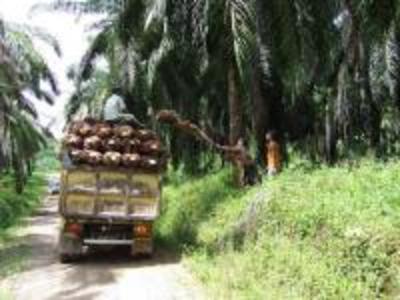
Indonesia's food estate policy that has encouraged foreign investment in agriculture may not prevent potential food crises, activists say.
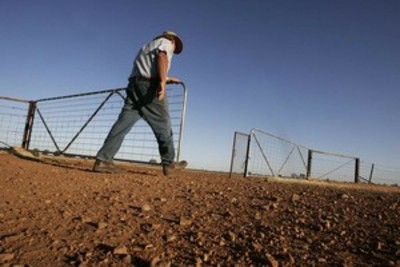
The mad scramble for Africa. Critics say the financial firms that helped cause the global recession by inflating the real estate bubble -- are back. And this time they're being accused of pulling the same tricks with the world's food supply.

The first Zambian company to float on Aim is planning to join the market in a listing which will help it raise £34million to buy 123,550 acres of prime farming land in Zambia.
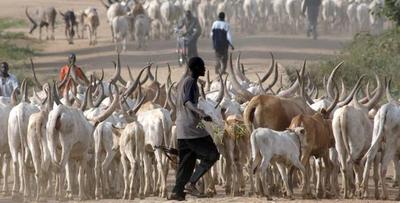
The escalation of violence around the north-south border in the run-up to Sudan’s big divide has sparked fears of a new civil war, but experts contend that the issue is more about land and water rather than oil.

A new report published this week claims farmers in Africa are being driven off their traditional lands to make way for vast new industrial farming projects backed by European hedge funds seeking profits and foreign countries looking for cheap food.

Most of the current and past conflicts over Dominion Farms’ development of the Yala swamp can be traced back to three structural problems: poor communication, cultural and social misunderstanding and political involvement.
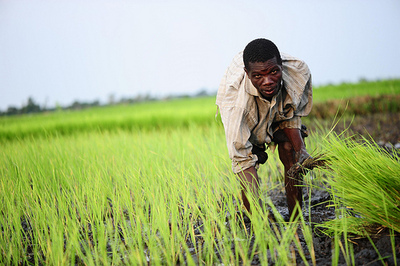
Nitol-Niloy Group and Bhati Bangla Agrotec of Bangladesh aim to invest an initial US$18 million to lease around 40,000 hectares of African land by the end of this year to grow foodstuff, most of which they will be obliged to sell in Bangladesh.

Protestors have been demonstrating in Geneva against the growth in investments in agriculture that they say endangers food security in many developing countries.
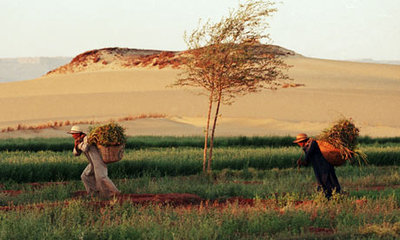
Institutions including Harvard and Vanderbilt reportedly use hedge funds to buy land in deals that may force farmers out.

The Chinese firm will finance farming of wheat, corn, soybeans, fruit and vegetables and the production of wine in Rio Negro without buying the 300,000 hectares of land, said Rio Negro's economy development secretary Maximiliano Bruno.

Foreign investment in land opens a new chapter in the colonization of Africa, said today (Tuesday) in London one of the leaders of the think-tank Coalition for Dialogue on Africa (CoDA).
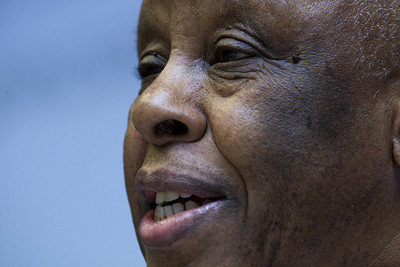
Large-scale land deals in Africa have been characterized by a lack of transparency, making it impossible to assess their benefits, according to Festus Mogae, the former president of Botswana.